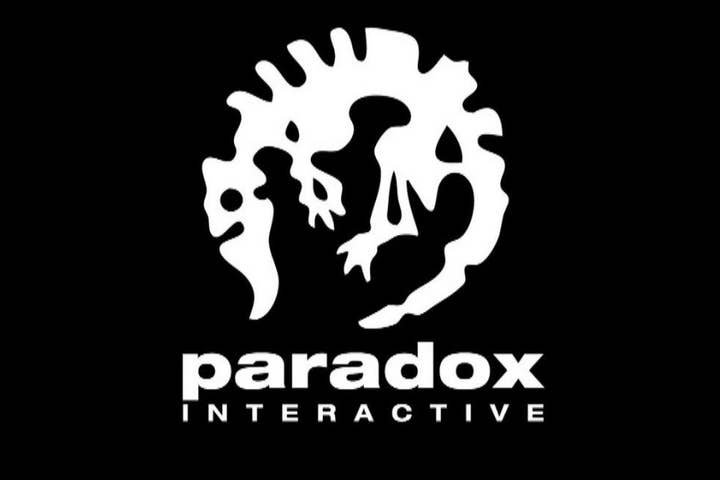Paradox passed on World of Tanks, Banner Saga
"There's a lot of money to be made in a lot of games, but it's not always our money to make."
Paradox Interactive has revealed that it was in discussions to publish World of Tanks, The Banner Saga and some other successful games, but passed on the deals at the time.
Speaking at the publisher's annual conference, as attended and reported by Digital Spy, VP of acquisition Shams Jorjani explained why the company has left some great games on the table - and why it isn't always about money.
"These games were essentially filtered out, in part, due to them not matching our pillars," said Jorjani, "The Banner Saga is a wonderful game, I love it, it's one of the most gorgeous games I've ever seen, but it's not a Paradox game. It doesn't have the depth that we were looking for at the time. There's a lot of money to be made in a lot of games, but it's not always our money to make."
"There's a lot of money to be made in a lot of games, but it's not always our money to make"
Shams Jorjani - VP of Acquisition
Sometimes, though, it is about cash. In a roundtable after the presentation, CEO Frederik Wester took over the discussion, tackling questions on what could have been a life-changing deal for the company: publishing World of Tanks.
"I didn't have the money to pay up," he explained with characteristic frankness. "I was really thrilled by the idea, but we weren't sure about the business model, either, because we haven't tried that before."
Whilst managing to not sound bitter about having to pass up a deal that lucrative, Paradox also takes responsibility for the games it did publish which didn't go so well. Jorjani was happy to discuss some of Paradox's less memorable titles, including the brutally reviewed Gettysburg: Armoured Warfare.
"These are all games that I'd say haven't done tremendously well for us, but I'm really proud that we signed them, and I would sign them again"
"It doesn't always work out. But there are other examples of one-man armies making games with weird ideas that actually pan out and end up costing Microsoft a lot of money! But I'm glad we made that chance. I'm not saying that it had the potential to become a Minecraft; perhaps if we had done it quite differently and started smaller and not with multiplayer, it would have been a good idea.
"These are all games that I'd say haven't done tremendously well for us, but I'm really proud that we signed them, and I would sign them again," he explained. The problem is not that we signed these games, it was we did a lot of things at the same time.
"Doing a new genre, with a new team, with a new technology, on a new platform, on a new IP at the same time as a growing organisation - probably not the best thing. Maybe just do two of these. A lot of these ideas inherently were sound at the time."

